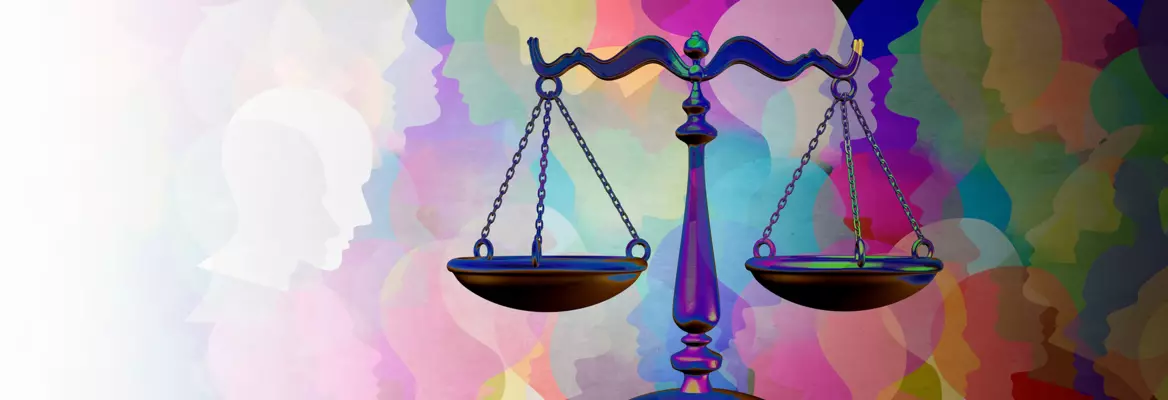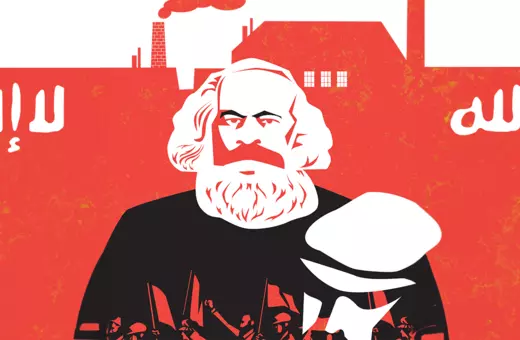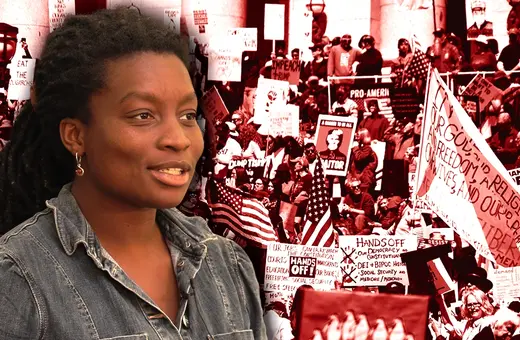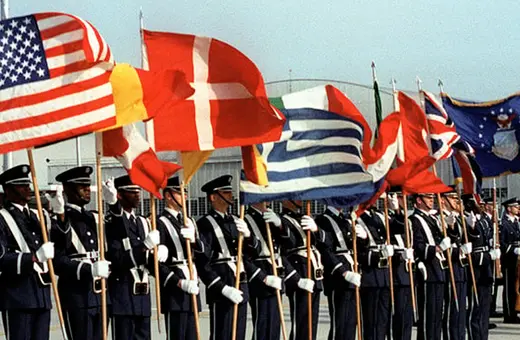The term ‘democracy’ is over 2000 years old, and yet, to this day, we still grapple with what a fair and just society really looks like. Daniel Chandler argues that justice isn’t just a question of new policies but rather philosophy. We need a new philosophy, a new vision, to transform our societies for the better. Chandler argues, though, that these ideas are hiding in plain sight: Rawls is the answer. In this article, he uses Rawlsian justice to propose new policies for political reform.
Excerpt from FREE AND EQUAL: A Manifesto for a Just Society, for The.Ink
Most citizens of the world’s rich democracies would agree that our societies are far from fair. Many would point to a familiar list of problems: a political system dominated by the rich; the profound influence that class, race and gender have on people’s opportunities; the enormously unequal distribution of money, power and social prestige; and climate catastrophe.
It’s all too easy to decry the state of politics and society today. What is harder to find is a coherent vision of what a better, fairer society would look like.
This isn’t just a question of new policies. We need a new philosophy – a vision of the common good that builds on the core values of liberal democracy, and which can inspire people to transform their societies for the better. But while politicians like Ronald Reagan and Margaret Thatcher – the architects of ‘neoliberalism’ – could look to thinkers like Milton Friedman and Friedrich Hayek, who can progressives look to for inspiration today?
The premise of my book FREE AND EQUAL: A Manifesto for a Just Society is that the ideas we need are hiding in plain sight, in the work of arguably the twentieth century’s greatest political philosopher, John Rawls.
At the heart of Rawls’s philosophy is the idea that society should be fair, and that to work out what that means, we should imagine how we would organize society if we didn’t know our position within it – whether we would be Black or white, gay or straight, rich or poor – as if behind a ‘veil of ignorance’.
If we imagined society in this way, he argued, we would choose two simple but powerful principles, to do with freedom and equality respectively, which we could use to work out how to organize our basic political and economic institutions. In my book, I use these principles to develop a bold practical agenda that would reinvigorate democracy and transform capitalism.
If we want to live up to the promise of democratic political equality, for example, then we should embrace proportional representation, cap private donations to political parties, adopt a system of publicly-funded ‘democracy vouchers’, and expand the role of citizens’ assemblies. When it comes to the economy, we must harness the benefits of markets for all, not through redistribution alone, but by ensuring broad access to productive resources and a fundamental shift in the balance of power between workers and owners.
While most of the book is devoted to developing a vision of what a fair society would look like, this excerpt – taken from the book’s afterword – reflects on how we can bring it about. By ‘how’, I’m not talking about policies, but about politics, about how to build a movement that can win elections and put this programme into practice.
***





















Join the conversation